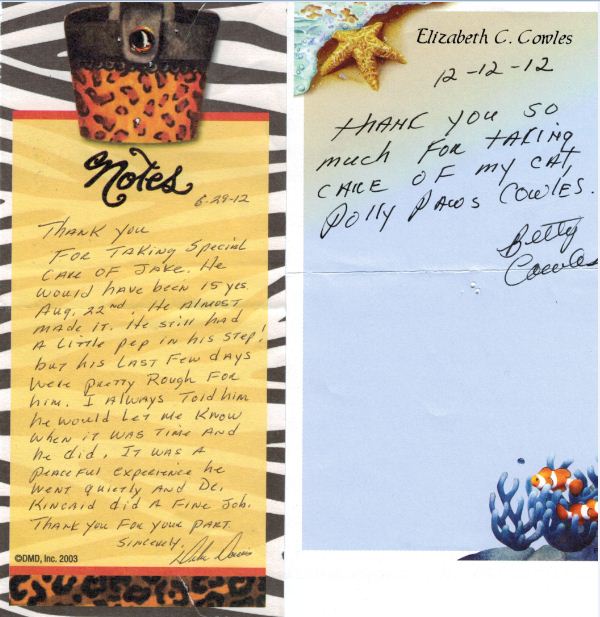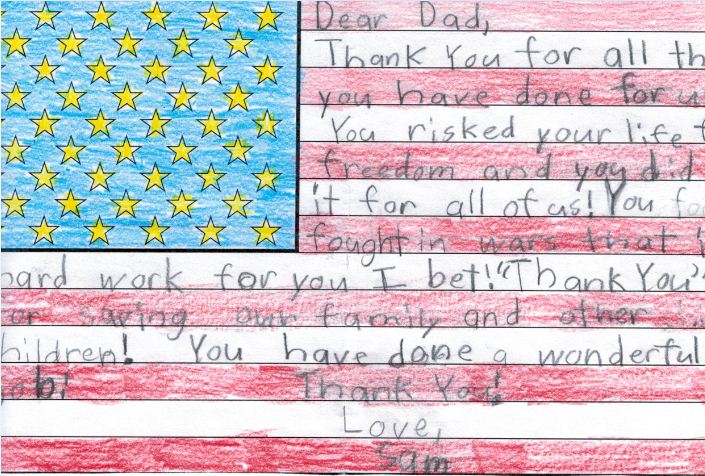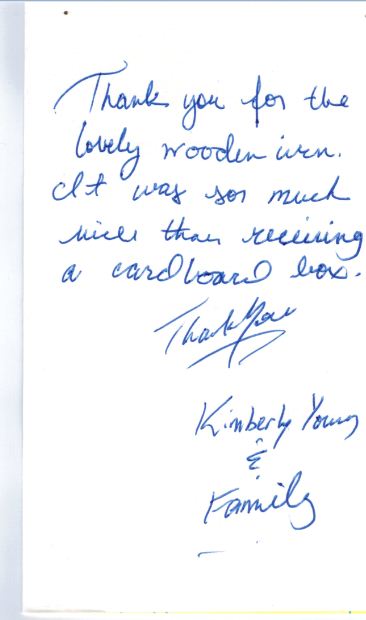If your Pet dies suddenly at home…
you will need to make some difficult decisions immediately.
This is a difficult time, and it's probably best if you don't have to be alone (though some people may prefer to be alone). If possible, call a close friend or family member that can help you deal practically with your pet's remains and offer emotional support. If you do not think you will physically and/or emotionally be able to handle your pet's body, choose someone that likely can.
Contact Williamsburg Pet Loss
Williamsburg Pet Loss is available from 8 A.M. to 4 P.M., Monday through Friday for vet recoveries and/or walk-in appointments. In the unfortunate event your pet passes suddenly at home, you may consider taking your pet to an emergency vet clinic. Emergency facilities typically have hours of operation in the evenings and on weekends. Emergency clinics and your vet's office may be able to retain your pet's body until a decision on disposition can be made. Simply tell your pet's Dr. you choose to use Williamsburg Pet Loss to handle the cremation of your pet.
Handling the Body
It is not pretty to talk about, but it may come down to this: you (or your friend/relative) may need to handle your pet's body. If you wish to have your pet's cremation handled by a company that cannot take your pet right away, you will also need to properly store the remains. The most important thing to understand is that the remains of the deceased pet must be handled as soon as possible.
The tragic fact is that an animal's body begins to decompose immediately after death and will soon begin to give off a foul odor and attract insects. The hotter the temperature, the faster the rate of decomposition. Be aware that rigor mortis, the stiffening of the joints, typically begins within 10 minutes to three hours after death and can last as long as 72 hours. Again, temperature will affect this process. Ideally, the remains will be properly handled before the onset of rigor mortis.
Here is how you should prepare the remains:
- Wear latex gloves while handling the body. Upon death, bodily fluids are often released. Clean the areas around your dog's mouth, genitals and anus if fluid and/or waste has been released. Note that additional bodily fluids and/or waste might be released when the body is moved.
- Obtain a blanket, towel or bed sheet that is large enough to wrap around the body. Also obtain a heavy duty trash bag (double them up if the body is very large or if the bags are thin).
- Arrange the body on the blanket, towel or sheet. Place the body on its side in a curled-up position, as if sleeping. This will not only offer a sense of peace; it will also make it easier to handle the body.
- Tightly wrap the body in the blanket, towel or sheet. Then, slide the body into bag(s) for disposition. In the case of a larger dog, this will be a two-person job.
- Tie the bag into a secure knot. You may wish to double-bag it. If the remains will be going elsewhere, be sure to put a label or tag on the bag your name and your dog's name.
- Remains should be kept in a freezer or refrigerator until burial, cremation or other arrangement takes place.
If you are unable to store the remains in this manner and cannot get the body to your vet or a local pet aftercare company, a garage or basement may need to suffice. This should be for no longer than 4-6 hours, as the odor will become severe and permeate your home. Use of additional trash bags is recommended if freezer or refrigerator storage is not possible.




